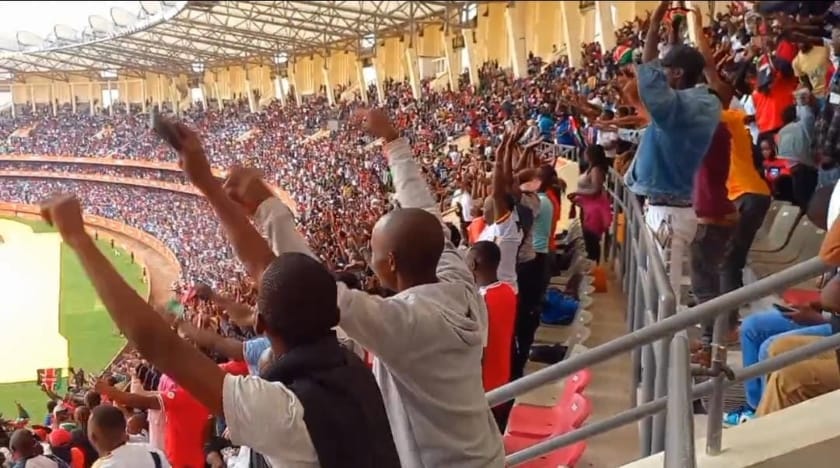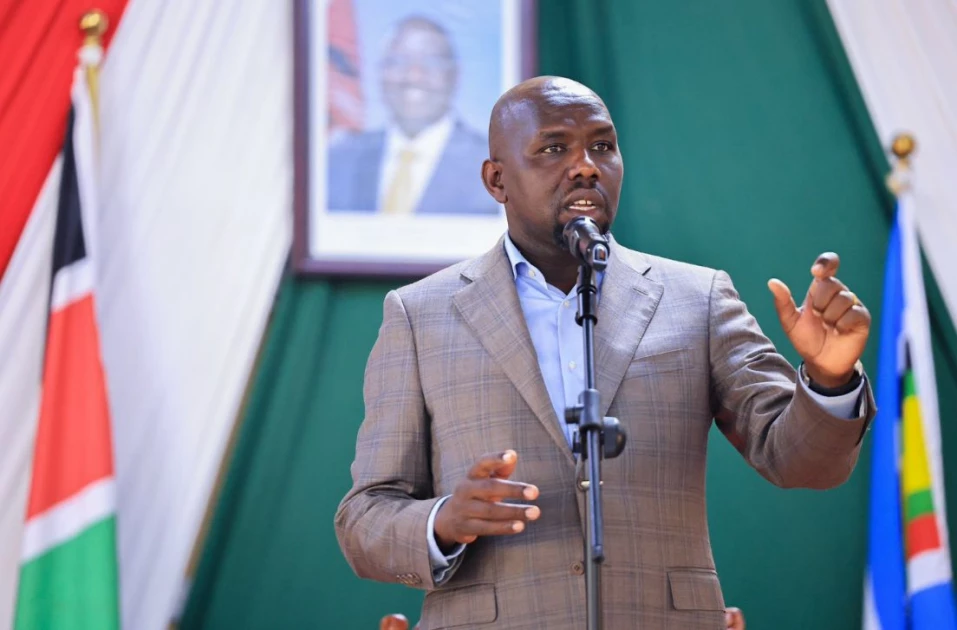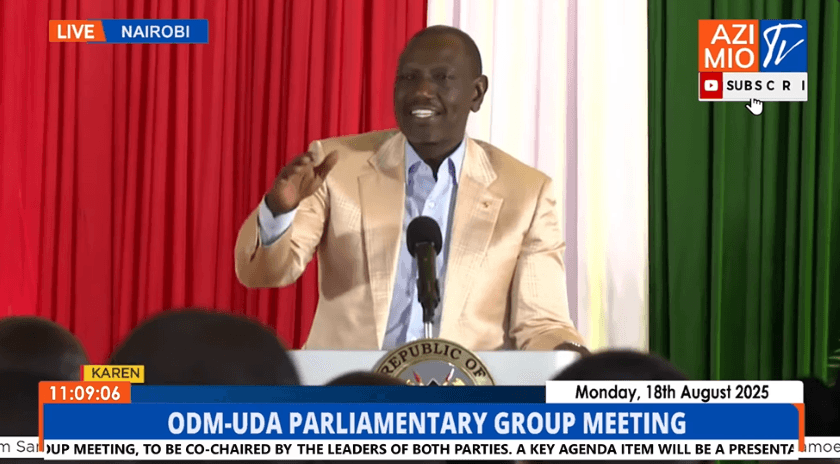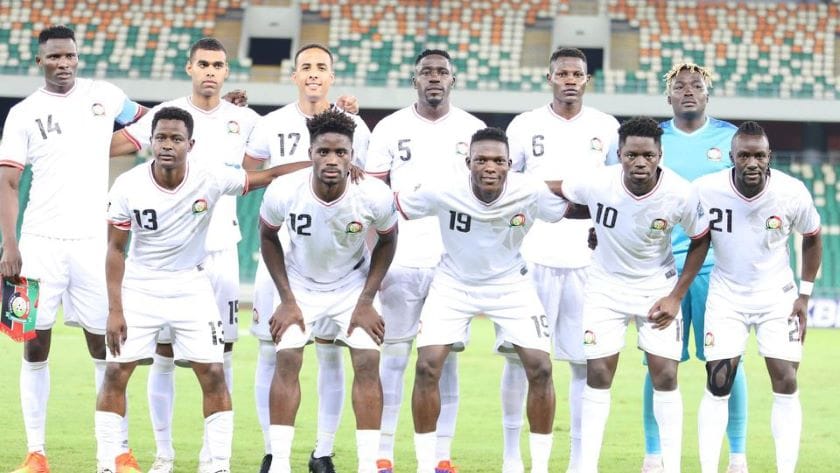Kasarani was loud and bright. For 90 minutes and a tense shootout after, Kenyans stood as one — cheering, singing and hoping. The Harambee Stars pushed hard, but their fairytale ended when Madagascar won on penalties, ending Kenya’s CHAN run. The loss hurt, yet something else happened: a once-divided nation found a clear moment of unity.
The team left the pitch with heads high. Fans streamed out slowly, many wiping tears, many clapping. For a day, political chants fell quiet. Neighbours who argue on X joined voices in the stands. Street vendors, traffic officers and strangers shared the same smile. That shared feeling shows how Kenya can come together when something bigger than politics calls — sport, pride and national identity.
We may have lost the game, but Kenya gained something bigger: PRIDE 🇰🇪🔥.
Harambee Stars made us believe again.
Drop one word for Harambee Stars tonight? 👇
(I’ll start: Thank you Beni McCarthy & harambee stars) pic.twitter.com/8NNeN7hY2E
— Sholla Ard 🇰🇪 (@sholard_mancity) August 22, 2025
On the field, Kenya’s campaign had been strong. The team topped a tough group and showed fight against Madagascar until penalties. The players earned praise for grit and skill, and the president’s gestures added to the drama: President William Ruto had publicly rewarded the squad with cash payouts after wins and attended key games alongside other leaders, moves that showed support and boosted morale. These gestures matter to players and fans, but they do not solve deeper national problems.
That brings us to the hard questions. Off the pitch, politics remains raw. Former deputy president Rigathi Gachagua has just landed back in Nairobi after cutting short a US tour, and his return has stirred tensions in the capital. Some of his supporters rallied at the airport and clashes followed, underlining how quickly politics can heat up. The timing — right after a moment of national togetherness — raises a test: can the unity seen in stadiums spill into the streets and the ballot box?
Kenyans are hungry for better government. They talk about jobs, high prices, and services that work. A match-day bond does not fix hospitals or schools. So the question many ask now is plain: will leaders use this soft power — the goodwill born in a packed stadium — to build real change? Or will the spotlight remain on photo opportunities and short-term payouts to players? The public will watch closely. Ruto’s cash rewards and stadium appearances show goodwill, but long-term trust needs steady policy: transparent spending, honest reforms, and real service delivery.
Politics will follow several paths. If Gachagua chooses a peaceful, law-abiding course, he might turn public energy into debate and votes. If tensions escalate, the moment of unity could fracture. Meanwhile, voters will judge not only speeches but results: lower prices, steady power, better health care and schools. That is the test that will keep leaders accountable beyond the final whistle.
For now, Kasarani offered a simple lesson: Kenyans can be united, calm and joyful when they choose. Turning that power into lasting change is harder. It asks for courage from leaders and insistence from citizens. If we care about the country as we did about the team, then the next matches in politics must be about real wins — not just celebrations.
Featured image via Screengrab








